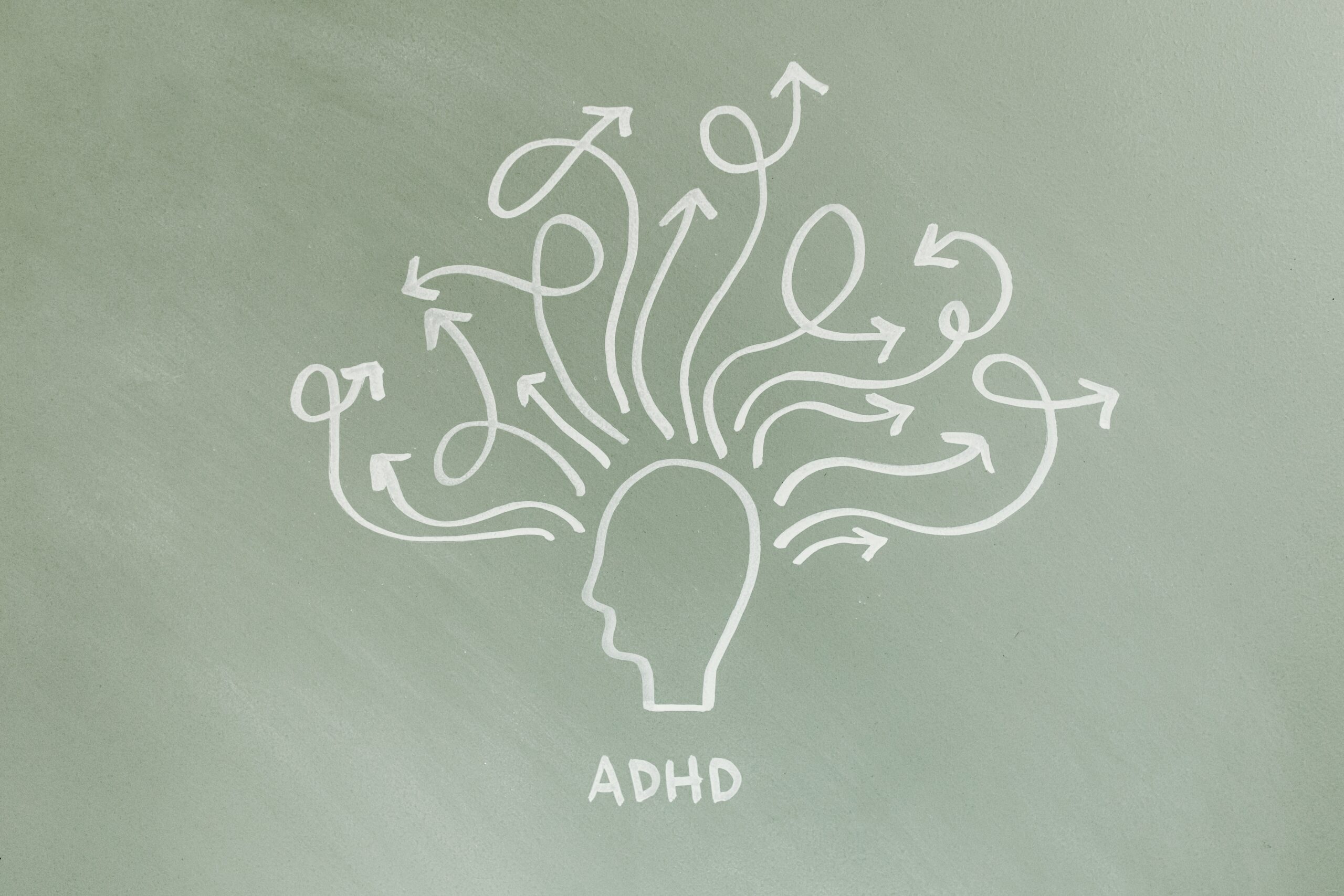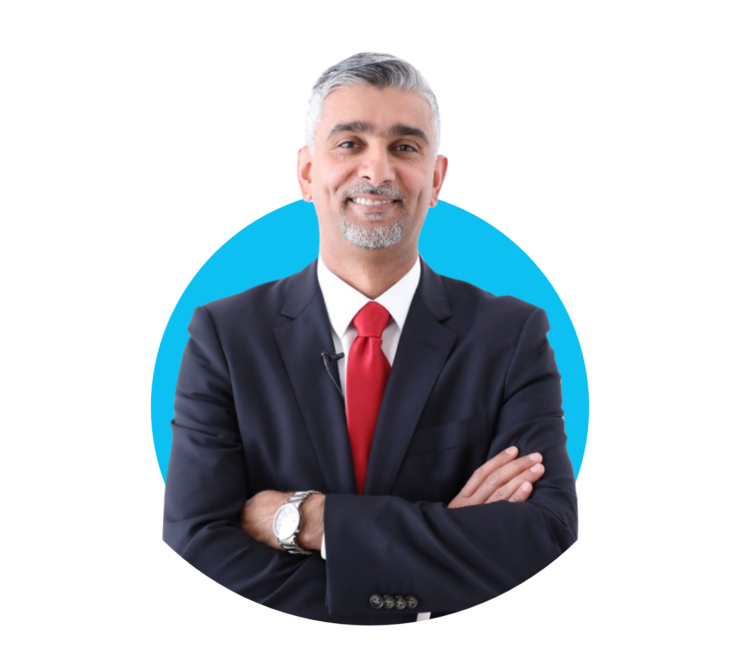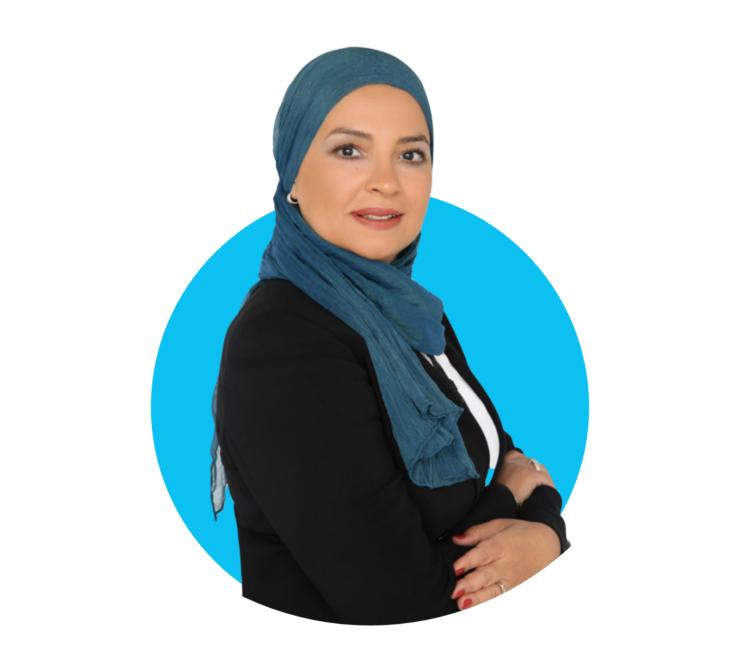ADHD Treatment in Dubai, Abu Dhabi and Al Ain
Attention deficit hyperactivity disorder (ADHD) is the most commonly diagnosed mental health disorder in children and often lasts into adulthood. It is characterized by a group of persistent problems, such as difficulty maintaining attention, hyperactivity and impulsive behavior.
Children with ADHD may have low self-esteem and troubled relationships and show poor school performance, but they can learn strategies to be successful.
Even though there is no cure for ADHD, treatment can help with symptoms and usually includes medications and behavioral interventions. Early diagnosis and treatment can make a big difference in outcomes.
At Novomed Mental Health Clinic, we have a team of professional psychiatrists and psychologists with years of experience in child and adolescent psychiatry. They can develop personalized treatment plans that improve the symptoms of your child, and they will work with you to ensure better development for your child.
What are the symptoms of ADHD?
The main characteristics of ADHD include a short attention span and hyperactive behavior. Symptoms of this condition begin before age twelve and are noticeable as early as age three in some children. Symptoms of ADHD may be mild, moderate, or severe, and may persist into adulthood.
This condition occurs more often in males than in females, and its associated behaviors may differ from boys to girls. For example, boys may be more active, and girls may be more inattentive.
There are three types of ADHD:
- Inattentive type.
- Hyperactive/impulsive type.
- Combined type, which is a combination of inattention and hyperactivity/impulsivity symptoms.
Attention Deficit
A child who shows a pattern of inattentive behavior often:
- Finds it difficult to pay close attention to details or makes rash mistakes in schoolwork.
- Has trouble concentrating on tasks and gets distracted easily.
- Does not seem to pay attention, even when spoken to directly.
- Has difficulty following instructions and fails to finish schoolwork or household chores.
- Has trouble organizing tasks and activities.
- Avoids or dislikes tasks that require focused mental effort, such as homework.
- Forgets items needed for tasks or activities, for example, toys and school assignments.
- Forget to do some daily activities, such as doing chores.
Hyperactivity and impulsivity
A child who shows a pattern of hyperactivity and impulsive behavior often:
- Fidgets, taps with hands or feet, or squirms in seat.
- Finds it difficult to sit still in class.
- Keeps moving, in constant motion.
- Runs or moves around in situations where it is not appropriate.
- Fails to play or do activities quietly.
- Talks a lot.
- Interrupts or intrudes on others’ speech, games, or activities.
What are the causes of ADHD?
While the exact cause of ADHD is still unclear, research efforts continue. Factors that may be involved in the development of ADHD include genes, the environment, or problems with the central nervous system at key points during child development.
How is ADHD diagnosed?
In general, a child should not be diagnosed with ADHD unless the core symptoms of ADHD begin early in life — before age 12 — and consistently cause major problems at home and school.
There is no specific test for ADHD, but diagnostic procedures are likely to include:
- Medical exam to rule out other possible causes of symptoms.
- Gathering information, such as information about current medical problems, personal and family medical history, and school records.
- The criteria for ADHD listed in the Diagnostic and Statistical Manual of Mental Disorders, published by the American Psychiatric Association.
- ADHD rating scales to collect information about your child and evaluate their condition.
Diagnosis of young children with ADHD
Although the signs of ADHD can appear in pre-schoolers or younger children, diagnosing the disorder in young children is very difficult. That is because developmental problems, such as delayed language skills, may be confused with ADHD.
Therefore, pre-schoolers or younger children with suspected ADHD are more likely to need evaluation by a professional, such as a psychologist, psychiatrist, speech pathologist or child development specialist.
How is ADHD treated?
Standard treatments for ADHD in children include medication, behavioral therapy, and counseling and education services. These treatments cannot cure ADHD but they can relieve many of its symptoms. It may take some time to determine what is best for your child.
Drug therapy
Currently, stimulant medications (psychostimulants) are the most common medications for ADHD. Stimulants have shown evidence of boosting and balancing levels of brain chemicals called neurotransmitters. These medications help improve the signs and symptoms of ADHD — sometimes effectively in a short period.
Behavioral therapy
Children with ADHD often benefit from behavior therapy, social skills training, parenting skills training and counseling, which may be provided by a psychologist or other mental health professional. Some children with ADHD may have other conditions, such as anxiety disorder or depression. In these cases, counseling may help improve both ADHD and an associated problem.
Examples of treatment include:
- Behavioral therapy. Teachers and parents can learn behavior change strategies, such as token reward systems and timeouts, to deal with difficult situations.
- Social skills training to teach children appropriate social behaviors.
- Training on parenting skills; This can help parents develop ways to understand and direct their child’s behavior.
- Psychotherapy; This allows older children with ADHD to talk about problems that bother them, explore negative behavior patterns and learn ways to manage their symptoms.
- Family therapy. Family therapy can help parents and siblings deal with the stress of life with a person with ADHD.
The best results occur when a team approach is used; Educators, parents, therapists, and doctors work together. Educate yourself about ADHD and the services available.
If your child is being treated for ADHD, they should see the doctor regularly until symptoms improve significantly, and then usually every three to six months if symptoms are stable.
To book an appointment or for more information about ADHD Treatment, call us toll-free on 800 (NOVO) 6686 or click the live chat icon at the bottom of the screen.



